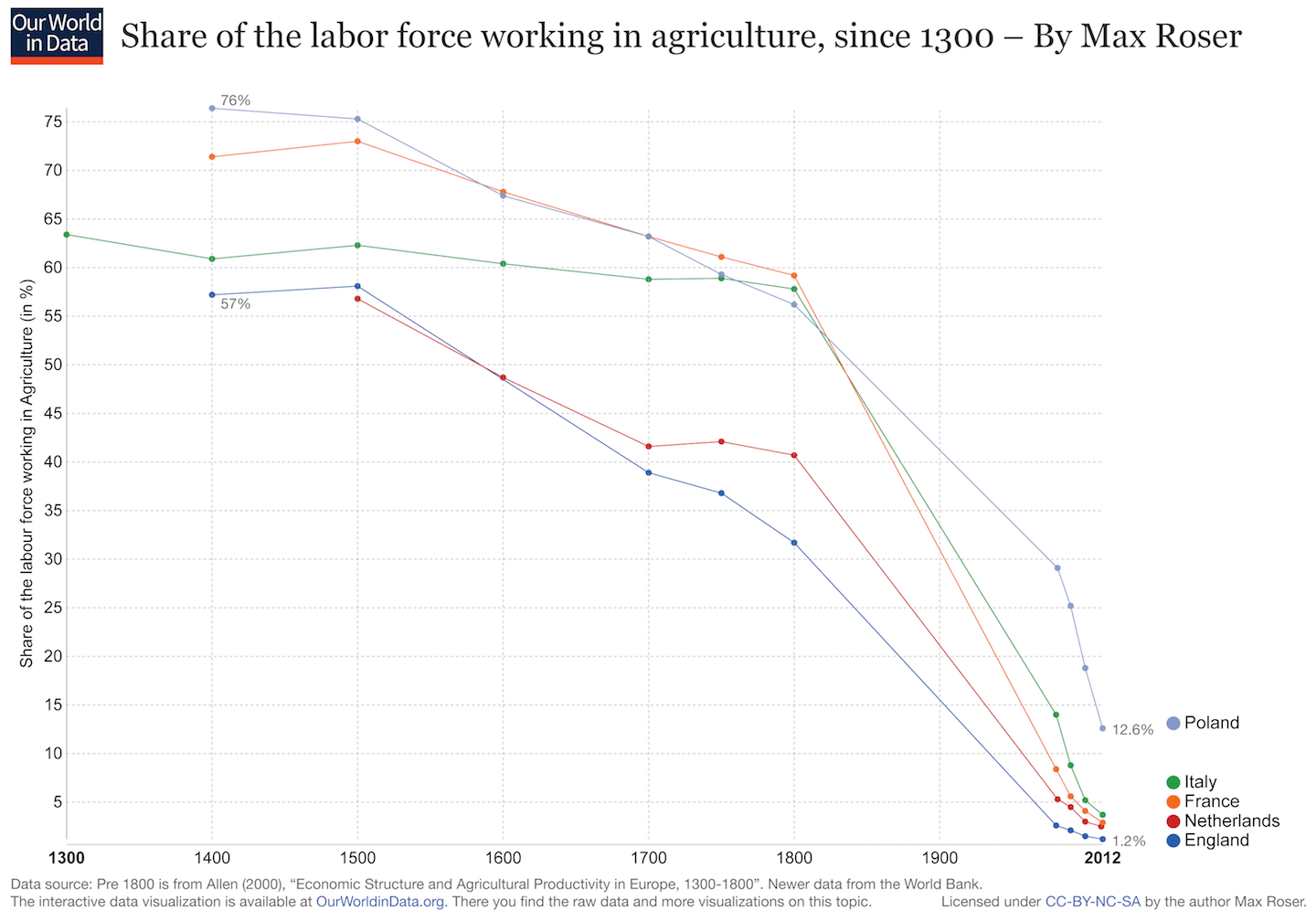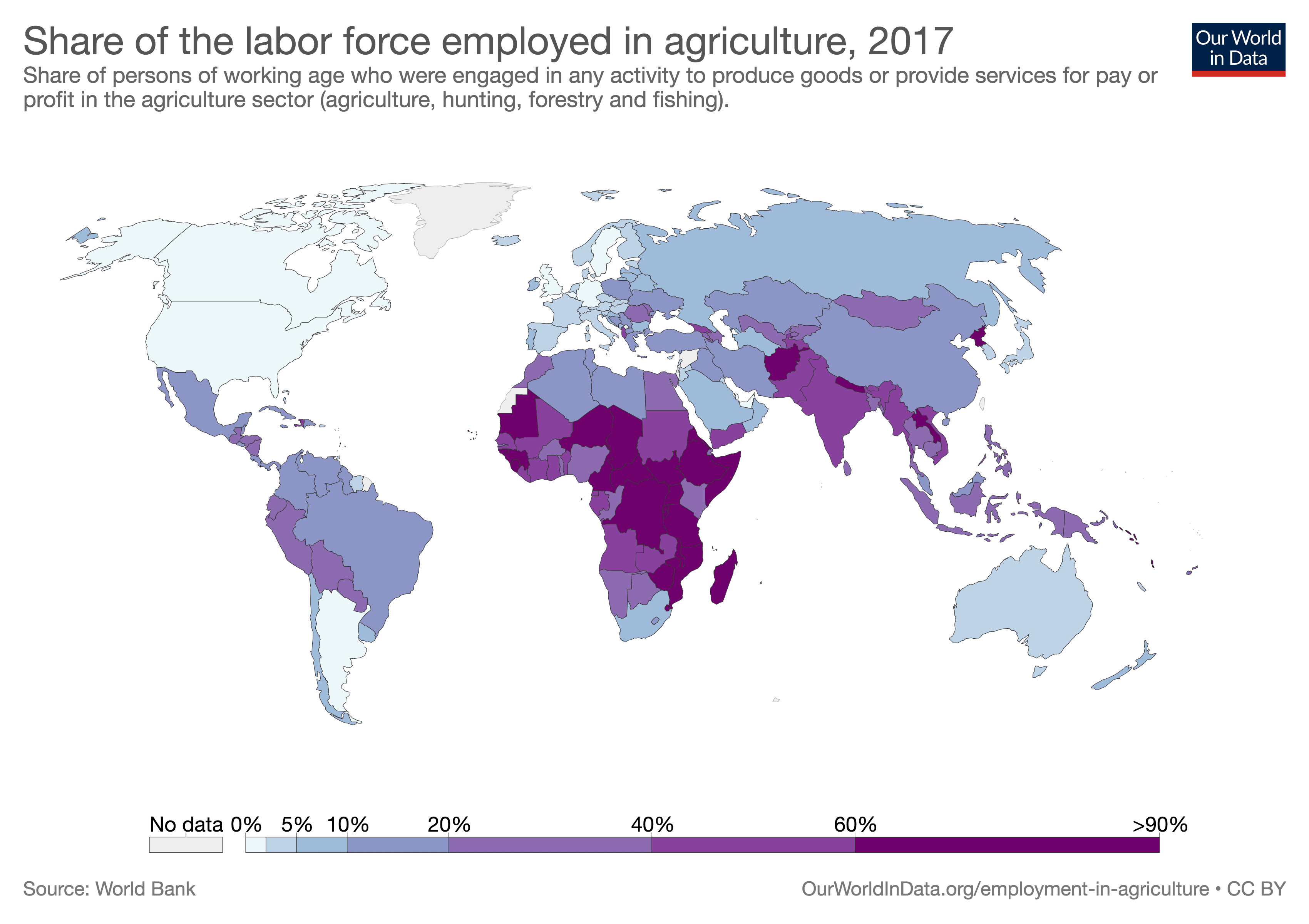Constructing Economic Sustainability in the Digital Society
- Kareem Alkaseer
- Vision
- May 9, 2019

Atomflow’s vision is to democratise economic opportunities and create new ways to generate economic value to address urgent economic, social and technological challenges. In specific, economic sustainability, market fragmentation and deficiencies and democratising the digital society in formation. Atomflow is an intelligent decentralisation architecture that addresses these challenges through decentralising businesses, socioeconomic activities and governance efficiently. That is, decentralising value creation in order to provide a matrix which we control, which, in turn, provides a level playing field and an inclusive network of platforms built upon our conscious decisions and actions.
Decentralisation Technology
The importance of decentralisation technologies, including blockchain, cannot be overestimated. Not because of the surge of cryptocurrencies’ speculative value, rather because of the notion of decentralised trust that is its underlying essence. The notion of decentralised trust existed prior to Bitcoin and decentralised decision making popularised by blockchain. Concretely, the Byzantine Generals Problem on which decentralised trust is largely based has been thoroughly studied and formalised at least since 1978 by Robert Shostak. The problem can be formalised, in plain terms, as follows: how to reach consensus amongst generals in the presence of bad actors who aim to betray the plan agreed upon and thwart it. Marshall Pease and Leslie Lamport later provided proofs that for consensus to be reached 3N + 1 actors are sufficient to reach Byzantine fault tolerance (BFT) in the presence of N bad actors. Well built blockchains are manifestations of practical solutions to the Byzantine generals problem or Byzantine consensus.
Decentralised Trust
The notion of decentralising trust might escape our conscious thought of trust going from one end to the other, from one person to another person, from one organisation to another entity. Decentralised trust is more of a swarm of actions and interactions. Think of nature, for example, an ant colony working towards a common goal, a process in which an enormous number of individual ants trusting each others’ actions. A process in which all collaborate, communicate, investigate and actuate. However, such an ant colony is an idealised form of collaboration. There are ant colonies that compete with one another, colonies of one species competing against other colonies of different species. However, the balance between collaboration and inter- and intra-competition is sustained, nonetheless, not obvious at first glance unless one looks deeper.
Blockchains and mainstream distributed ledger technologies appear at odds with adhering to this immersive collaborative model. If one identifies a single feature that characterises incentives in blockchains, one would easily conclude they foster constant competition against all other players. This constant competition can be likened to an ant colony in which each ant stacks its own food, that is, a colony doomed to collapse or at least to morph into something else so distant from what an ant colony is.
Decentralised Autonomous Governance
Atomflow takes a different approach to decentralisation, which can be summarised as follows: to decentralise business, social activities and governance, collaboration and competition must be sustained at productive levels. Otherwise, a decentralised system to attain the above goal would reduce to “each player to their own”; a degenerate system encompassing numerous selfish tiny subsystems or a very inefficient one at best.
But what constitutes a productive level? Is there a productive level rational ratio? If there were an almighty power with a holistic view into all matters and it would lend us a hand into finding such a balance, that would certainly help. Unfortunately, or fortunately, depending on how one sees the world, we do not have such assistance. What would help is to have a constantly and incrementally learning swarm of intelligent agents collaborating together to produce such productive rational ratios unaffected by our own biases. That is, in essence, a decentralised trustless self-organising model. Trustless in the sense that agents do not assume prior trust but rather learn and make consensus on the event horizon when each navigates the same path in the system. Moreover, it means that we do not have to assume prior trust in one another to interact, rather we assume a guaranteed quantum trust that is either there on the path two or more players take or not there at all.
In other words, we assume rational trust based on past and future actions, not based on intentions, reputation or a central authority.
Intelligent Architecture
However, governance without efficient and scalable means to implement, execute and operate business processes and exchanges in general in such a decentralised environment is futile. An efficient decentralisation “machine” is needed to decentralise, an intelligent decentralisation architecture that embeds intelligence and decentralises “things”. This is what Atomflow is.
If this architecture enforces a specific paradigm of doing things, it is bound to fail. History of technology provides the insight that either small and very specialised tools or holistic general-purpose systems which enable their users to attain their own goals in the most efficient ways possible survive and thrive. Unix and the Internet itself come to mind as evidence. Nonetheless, this architecture must be easy to use and enable full automation of complex tasks. It also must be able to self-govern itself in an ever changing environment. This is how Atomflow is uniquely different from other blockchains and DLTs.
The Bigger Picture
Delving deeper, it can be shown that constructs on which Atomflow is founded intersect within the social and economic structures of societies in which we live.
Commissioned by the UN Secretary General, a group of scientists and economists under the name of Group of Independent Scientists authored a new report draft to be incorporated into the UN Global Sustainable Development Report 2019 with their lead author being Paavo Järvensivu.
Their conclusion is simple yet impactful: capitalism as we know it is in a phase of imminent demise. This is in acute contradiction with how the world is run today and with incremental changes based on infinite growth presupposed in the economic models we currently employ. Quoting the report “It can be safely said that no widely applicable economic models have been developed specifically for the upcoming era.”
The interplay of energy production and consumption, rising inequality, rising debt levels, slowing economic growth, rising role of artificial intelligence, robotics and automation and ineffective governance models pose a risk to our very existence. That is, there is an imminent risk of delineating and defranchising multitudes of people and businesses in the digital society. The other facet of the coin is reduced market for large corporates on the long run.
The portion of human labour employed into agriculture, for example, has been in decline through the centuries.


The number of declining professions is also on the rise. You may consult Occupations with Largest Job Declines by the US Bureau of Labour Statistics to confirm.
How many jobs would AI and automation wipe out? Technology is an incremental business but once it hits a threshold it causes major disruption. Is AI bad? It depends. Taken as a rival, most probably it is, nonetheless, inevitable. Taken as an ally or an agent that works for us, it is an agent for good.
Moreover, the pandemic showed a dangerous yet a very realistic pattern. The world can still run without most of the working force. Most of business actors aside from largest corporates with automatable business models can easily be crushed under short-term pressure. The interesting thing is, whilst majority of people have been through financial hardships through the pandemic, corporates making revenues off consumers boomed. This summarises the lack of sustainability and resilience in our economic models.
Social movements and calls for basic social income in different parts of the world as well as reducing monthly man-hours are not groundless. Possibly, we reached a point where human labour is abundant and our expectations of living standards are increasingly higher. But then how should we be incorporated into the socioeconomic process if we do not contribute to it in the traditional model? The answer is probably we will not be. We become marginalised.
It turns out that we need to capture the interactions amongst economic, social, technological and ecological aspects if we are to change our future for a better and more holistic outcome.
Atomflow’s goal is to incorporate people and businesses into the socioeconomic process by decentralising business processes, social environments and governance frameworks as well as the models on which they are themselves built. And last but not least, incorporating the various different actors as essential stakeholders in the socioeconomic process. In doing so, stakeholders generate revenue and income through creating and enabling real-world economic activities.


